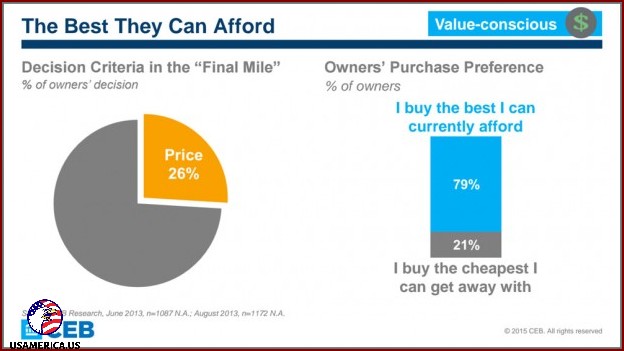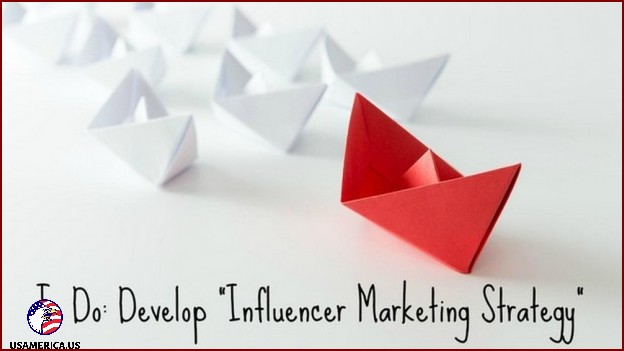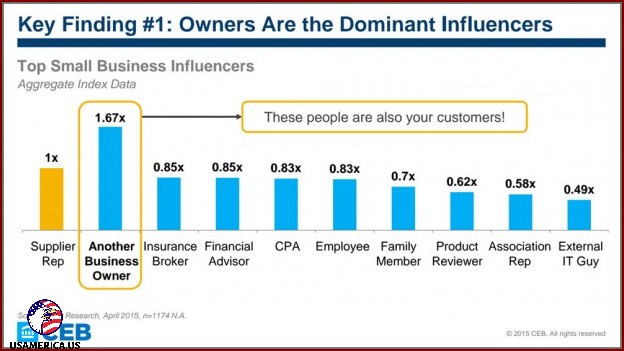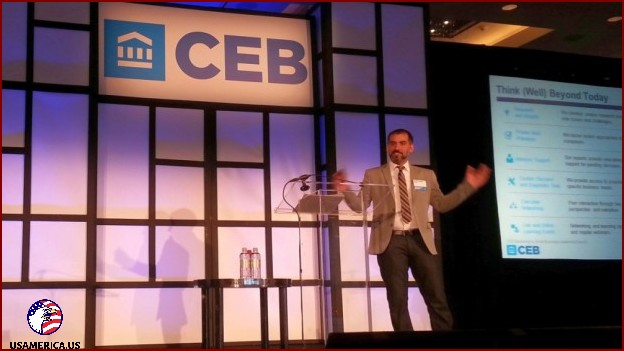Get Ready to Explore the Minds of Small Business Owners
Are you curious about what goes on inside the minds of small business owners? Well, you’ve come to the right place! In this journey, I’ll be your guide as we delve into the thoughts and challenges of these entrepreneurial masterminds. Together, we’ll uncover the secrets that make their businesses thrive.
Now, you might be wondering, why should I even care about small business owners? Well, let me tell you why. These incredible individuals are the backbone of our economy. They pour their heart and soul into their businesses, working day and night to make their dreams come true.
But it’s not all sunshine and rainbows. Running a small business can be tough. I mean, really tough. These owners face obstacles that would make most of us throw in the towel. From navigating tricky financial waters to dealing with fierce competition, they’ve got a lot on their plate.
That’s where this team comes in. We’re here to support and understand these small business owners, to get inside their heads and help them overcome their challenges. We know that every business is unique, and there’s no one-size-fits-all solution. That’s why we take the time to really listen and understand their concerns.
By working closely together, we can help these business owners develop strategies that will take their businesses to new heights. Whether it’s improving marketing tactics or streamlining operations, we’ve got their backs.
So, if you’re ready to join me on this exciting journey, buckle up! Get ready to explore the minds of small business owners and discover the inner workings of their entrepreneurial spirits. Together, we’ll celebrate their successes and overcome their challenges. Let’s dive in!

I’m Naumi Haque, and I work in Toronto, Ontario. My job is to understand the thoughts and feelings of small business owners all over North America.
That’s what my team and I do at CEB, where I’m a Research Director in our small business program.
CEB is a company that provides valuable insights and technology to over 10,000 client companies. My team and I conduct research and offer advice to clients on how to effectively market to small business owners.
Sometimes, what we discover goes against common beliefs.
For example, many people think that small business owners always choose the cheapest products and services.
That’s not true, I say confidently.
Small business owners are not cheap, I confidently state.
When it comes to smaller companies, their budgets are usually not as big as those of larger companies. But that doesn’t mean they want to buy the cheapest thing available. They are looking for quality and value. They are careful shoppers who want something that will last.
Interestingly, price is just one factor that smaller companies consider when choosing a supplier. It only makes up about a quarter of their decision, as shown on the slide.

As a small business owner, I understand the importance of finding value and wanting my purchases to last. It’s natural for us owners to be a bit resistant to change, or as Haque puts it, inert.
But don’t worry, if you cringed a bit when you heard yourself described that way, you’re not alone. Haque didn’t mean it in a negative way.
He’s just using scientific research terms to explain that small business owners tend to stick with the same vendors. And it makes sense, really. Switching to a new product or service takes time, and time is something we don’t have a lot of. We have so many responsibilities and wear so many hats in our businesses. Researching new vendors can take away precious hours that we could be spending on other important tasks or with our loved ones.
I don’t wanna have to think about it again, says Haque, a small business owner who understands the importance of making decisions that last. As a business owner, once I buy something, I want it to be worth my while. I know the value of products and how they can benefit me in the long run.
Haque also points out that value, not just the lowest price, is a major factor for Baby Boomer small business owners like me. Compared to younger owners, Baby Boomers are even more inclined to invest in high-quality products. Many of us come from corporate backgrounds, so we understand the concept of lifetime value. We prioritize long-term value over something cheap that we could easily get.

Contents
Guess Who Holds the Power in the Small Business World?
I’ve got some fascinating facts to share with you.
I recently attended the 2015 Marketing to Small Business Summit, a yearly event organized by CEB exclusively for its members. That’s where I got the chance to sit down with Haque and hear some of his eye-opening revelations.
One of the most intriguing pieces of information he shared was about who truly holds influence in the realm of small businesses.
It’s a tricky question, Haque explains because influence means different things to different people.
As we prepared for this year’s conference, we asked our members what they wanted to learn. We always strive to deliver fresh insights. Interestingly, many of them expressed a need for a more effective influencer marketing strategy, Haque said.
Everyone was using the same words. But when I dug deeper, I realized our members had a wide range of perspectives, I discovered.
Some of them were in charge of organizing events and wanted to find the right partners to work with.
Then there were those who said, ‘It’s all about social media. We need to identify the social media influencers for small businesses, like Anita Campbell and Ramon Ray. Who should we focus on?’ Haque adds.
Others defined influence as collaborating with channel partners, such as brokers, attorneys, CPAs, and IT resellers. They wanted to know how to attract more business through these partners, Haque notes.
And there were still others who saw influence as obtaining referrals from existing customers.
You’ve gotta really pay attention to what’s not being said here. When you do that, what marketers are really telling us is that our old-school marketing tactics aren’t cutting it anymore. They’re not getting through to our customers like they used to. So now we gotta think outside the box and find fresh ways to grab their attention, he told me.
3 Big Surprises When it Comes to Influencer Marketing
Haque and his team did some research on how influence works, and boy, did they find some eye-openers – three of ’em, to be exact.
The first thing that really caught our attention was just how much influence business owners have on each other when it comes to buying decisions. Sure, we had an idea about it already, but this time we dove in deep. We wanted to see how much of an impact these business owners actually have, compared to other players like channel partners or associations, Haque explained.
Wow, guess who I discovered has the most say in small business purchase decisions? You won’t believe it – it’s other small business owners!
Actually, it turns out that fellow business owners have even more influence than the sales representatives from the suppliers themselves.
Here’s something else that caught me off guard: advisors and partners like IT consultants, accountants, and attorneys actually have less influence on purchase decisions than we might think.
That’s because, while these groups are usually trusted, they often suggest two or three different vendors instead of just one. They try to remain neutral and not play favorites.
If they’re always giving you three options whenever you talk to them, they’re not really great supporters of a specific brand, Haque points out.

Ivana Taylor, a small business owner like myself, who regularly interacts with thousands of fellow small business owners through her work with DIYMarketers.com, agrees with the research conducted by CEB on influencers (as shown in the accompanying graphic).
“Whenever other business owners ask me for recommendations on products or services, it’s because they know I face the same challenges they do: managing time, finances, and sales and marketing. There is a strong sense of sharing and contributing within the small business community because we understand that others are going through the same experiences.
“You have to be ‘one of us’ to truly understand, adds Taylor.
I want to share with you the third surprising thing that Haque brought up about social media. You see, at CEB, we’ve never been too keen on encouraging its use for marketing. I’ve always advised marketers that when it comes to social media, owners aren’t really interested in engaging with you. Sure, 80% of owners are on social media, but most of them use it to promote their own businesses. They’re not really interested in connecting with suppliers or directly interacting with them, Haque explained.
I never realized how much business owners talk to each other on social media until this year, says Haque. I was surprised by the high numbers. More than 30 percent of business owners post questions to other owners on social media. And a similar percentage of owners actually reply to other owners’ posts.
Interestingly, 29 percent of business owners even respond to questions from strangers online. They do it because they genuinely want to help their fellow business owners.
What we discovered is that there’s a whole world of interaction among influencers that we didn’t know about. We’ve always looked at social media as a way for suppliers to communicate, not as a platform for owners to connect with each other.
To sum it up, when it comes to social media, brands can’t control what people say and discuss.
I find it fascinating how large brands can find ways to start and join in on conversations that are related to a specific topic or area they’re focused on.
This allows the brand to have a presence when people are discussing its product category. Instead of being invisible in these conversations, the brand becomes a topic of discussion.
There’s Another Surprise: Small Businesses Aren’t Focused on Growth
A lot of small business owners aren’t really focused on growing their businesses, Haque claims.
This revelation wasn’t surprising to me anymore, although it did catch me off guard when I was new to this field. It also surprises many of our clients when they learn about it, he added.
According to Haque, this is something that corporate executives often fail to understand because they themselves tend to prioritize external goals.
Did you know that corporate executives sometimes misunderstand what motivates business owners? It’s true! When they make assumptions based on their own values, they can misinterpret the driving forces behind small businesses. And as a result, their marketing campaigns geared towards small businesses may not hit the mark.
I spoke with Haque, an expert in this field, who says, Corporate executives often have a strong desire to achieve a specific goal, usually tied to business growth. However, it’s important to note that only around 30 percent of small business owners have a growth-oriented mindset. That means the majority of them have different motivations.
Haque explains that about 10 percent of business owners are motivated by control. They have a deep need to be in charge. But the majority, which is over 60 percent, are motivated by internal satisfaction and flexibility. They do what they do because they love it and it brings them happiness.
You know what? Growing your business can be pretty overwhelming for us small business owners, I say. It’s like looking at all the things I have to do and thinking, ‘Now I have to do even more. I have to work more hours. I have to find and hire more people.’ It can really stress me out.

A Different Approach to Studying Marketing
I get really excited when I hear Haque talk about what CEB’s small business program is all about.
We’re not just doing the same old marketing research. We’re doing something called disagreement research.
According to Haque, CEB goes deep into research that goes against what everyone else thinks. We’re searching for research that shakes things up and changes your way of thinking. It’s really thrilling, Haque adds.
Heather Harmon from Manta, one of CEB’s clients, says, We haven’t found anything else like CEB out there. At the recent Marketing to Small Business Summit, I asked other people if they knew of anything similar. But no one did.
Even though we at Manta have our own surveys and studies with our millions of small business members, I find CEB’s research to be incredibly valuable. It offers fresh perspectives and helps us focus our strategy.
CEB’s research has the power to disrupt and change strategies, especially when it comes to convincing small businesses to switch products.
Based on our findings at CEB, we discovered that only 7 percent of small business owners switch vendors in any given year. It’s not enough to sell them on product features alone if we want to see significant numbers of small businesses making the switch.
When you’re selling a payroll product, you don’t want to overwhelm potential customers with all the amazing features it offers. Instead, focus on addressing their pain points. As a marketer, my job is to shift from trying to convince small business owners that our product is great, to highlighting how it can relieve their pain.
It’s important to remember that small business owners often stick to what’s working and only prioritize fixing something when it’s broken. If their current payroll system is functioning fine, they won’t be actively looking for new solutions. Unless they perceive a problem, they won’t feel the need to find a fix, Haque adds.
Marketing to Small Businesses – A Rewarding Endeavor
CEB is a large company, founded in 1999 and based in Arlington, Virginia. With a market cap of $3 billion and 4,300 employees, CEB serves 90 percent of the Fortune 500 companies. Our small business program team is primarily located in Toronto.
You pay a yearly fee to become a member and get access to CEB research and advice from client advisors.
In the past, CEB has mainly had big corporate clients such as FedEx, Citrix, and Sage.
Our main focus has been on large companies that have a division dedicated to small businesses, says Haque.
I find it fulfilling to help small business marketers at CEB. It’s like supporting the underdog.
Consumer marketing is where the real money is. Small business marketing, on the other hand, often gets overlooked. It’s like the redheaded stepchild of the marketing world in many big companies. These teams genuinely care about small businesses, but they often have limited budgets and have to think outside the box to achieve their goals. And by lending a hand to these teams, I feel like the CEB team is also supporting small businesses.
Image credits: USamerica.US; CEB; Remix of Shutterstock Influence image 2 Comments ▼
